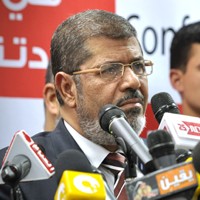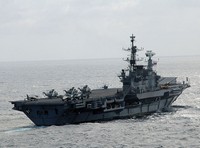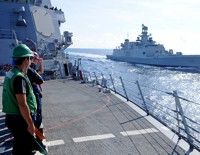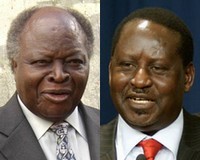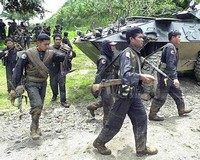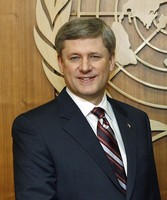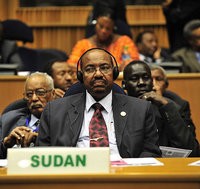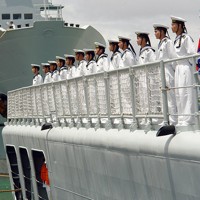
SHANGHAI — Following a period of relatively aggressive behavior from 2009 to 2011, recent events suggest that Beijing is pursuing a new strategy on the region’s high seas, perhaps in response to Washington’s Asia pivot. China’s new approach involves asserting sovereignty through civilian actors on a day-to-day basis while adopting a less explicitly abrasive military posture. Going into this week’s Association of Southeast Asian Nations (ASEAN) summit, where hopes for agreement on a maritime code of conduct are rising, it seems China would need to radically alter this strategy to participate fully in any such arrangement. For manifest geostrategic reasons, […]

